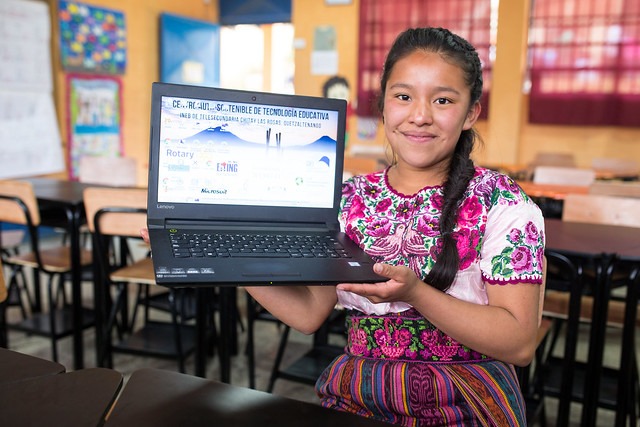Cooperative for Education – Opening Doors in Rural Guatemala
In February, 52 Rotary club members from around the world descended on Chajalajyá for a special presentation, as singer Gaby Moreno serenaded the primary students with an acoustic rendition of her hit, “Quizás, Quizás.” One particular audience member was none other than Jennifer Jones, the first female president of the worldwide service organization Rotary International. They aren’t the first celebrities to visit the rural mountain towns of the Western Highlands of Guatemala.
In the 25-year history of Cooperative for Education (CoEd), pop singer Hancer, as well as Josh, Chuck, and producer Jeri of the popular US podcast “Stuff You Should Know,” have all visited isolated communities like this. Why? It’s all about education; as Gaby Moreno told the kids, “As someone who has ties to both Guatemala and Rotary, it’s particularly meaningful to me—and worth celebrating—that Rotary and its partners—including Cooperative for Education—are creating lasting, positive change in Guatemala by improving education and creating opportunities for students here.”
CoEd’s mission is to break the cycle of poverty in Guatemala through education, empowering many indigenous Guatemalan students with opportunities that enable them to determine their own stories and shape the destiny of their country.
When the organization was founded in 1996, approximately two out of three rural Guatemalans couldn’t read or write. Fast forward multiple decades, and the ratio has shrunk to 1 in 3. Together with others, they’ve helped reduce illiteracy rates by 50%.
And with their 26th year right around the corner, CoEd has no plans of stopping, having already served over 60,000 students this year through four tried-and-true educational programs: Spark Reading, Textbooks, Computers, and Rise Youth Development.
These innovative and sustainable programs equip students with the tools to advance traditional and technological literacy in their communities, laying the groundwork for increased economic and social mobility in the future.
As of 2023, the San Lucas-based nonprofit has over 84,000 textbooks in circulation, established 56 computer centers, trained over 1,200 Spark teachers, and has given scholarships to over 2,000 Rise students.
After more than two decades of effort, nearly 280,000 students have benefitted from CoEd’s programming—enough to fill Estadio Nacional Doroteo Guamuch Flores more than ten times over!
Education is the key that opens up doors for these students to set themselves—and future generations—up for success, empowering them to become strong leaders in their communities.
Take Rise student Yurleny, for example. Although once forced to drop out of school to care for her ill mother, Yurleny is now back in school and on track to graduate after receiving a Rise scholarship. She’s even serving as an international advocate for education, with a feature in Rotary International Magazine in September of last year.
Yurleny expressed the following about how the Rise program helped her achieve her goals, “I thank God and CoEd for the scholarship to continue studying so that I can graduate from high school and in the future obtain a job to buy a house for my mother.”
Thanks to CoEd and their generous supporters around the globe, the futures of thousands of students are looking considerably brighter.
From the beautiful hills of Chajalajyá, Spark teacher Blanca Matzul agrees, “My students can now read and write. I am convinced that the future of this country depends on each child who puts in the effort to learn to read and write, hope lies on them, and I am sure there is a bright future ahead.”
To learn more about how CoEd’s educational programs are helping open doors for students in underserved communities, visit www.coeduc.org


